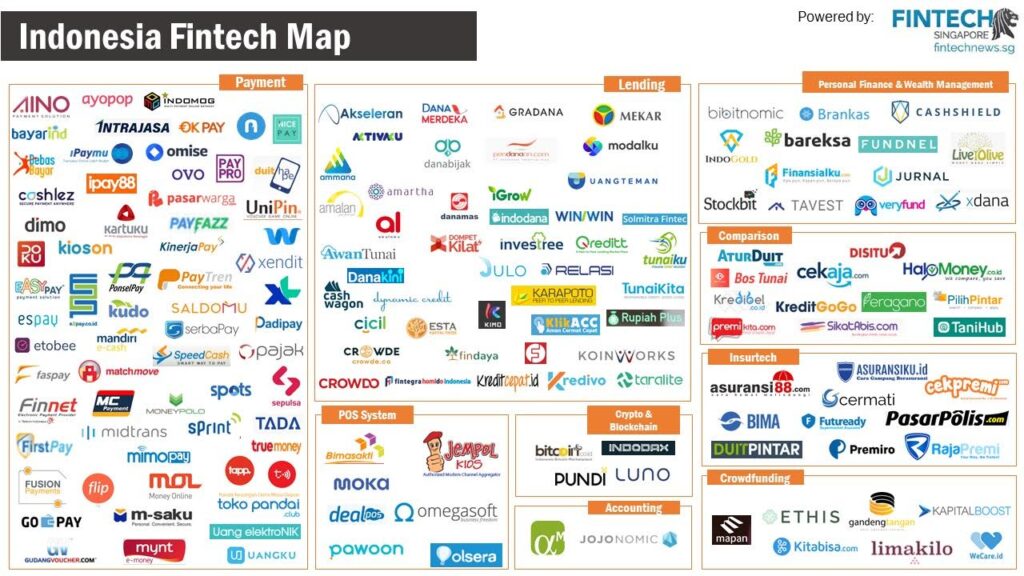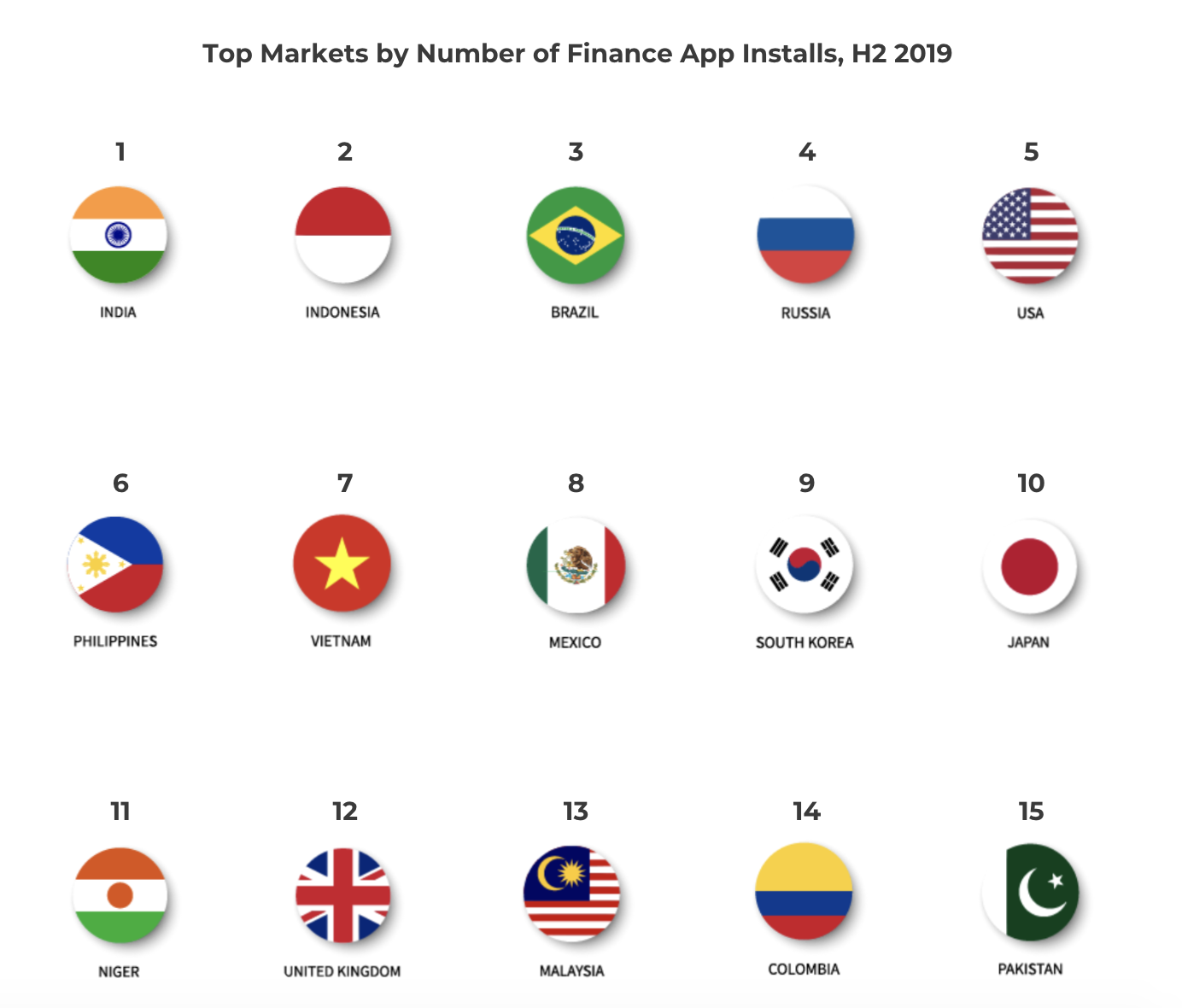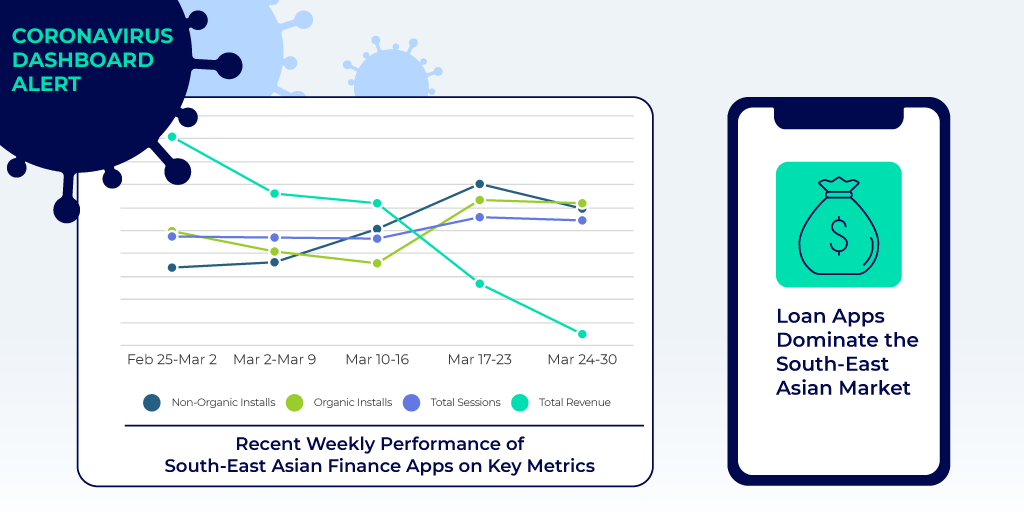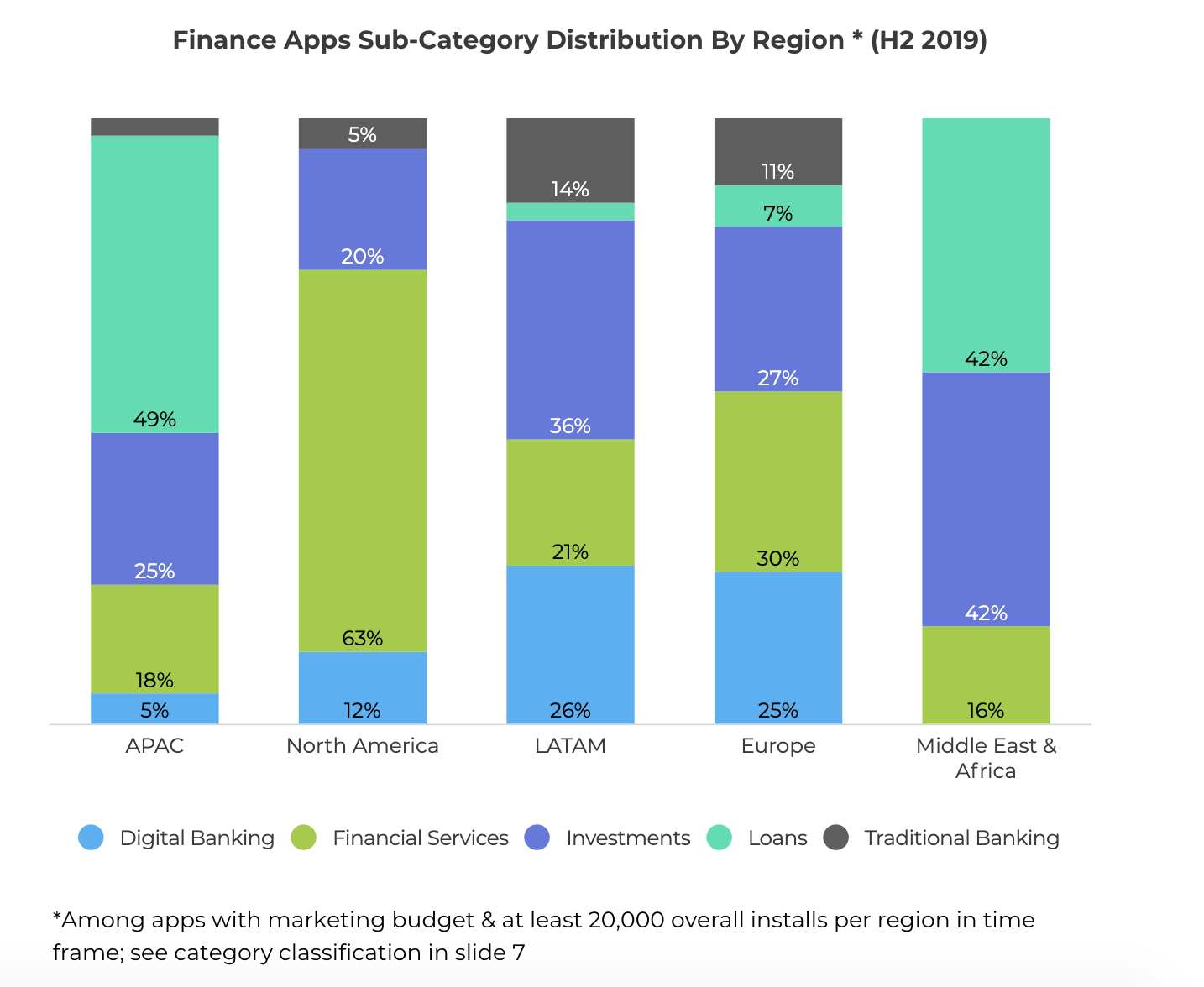For years, social networking giant Facebook has shown interest in the fintech market, partnering with PayPal to build digital payment capabilities into its Messenger app, testing and introducing payment services on its various messaging platforms, and exploring blockchain and cryptocurrency through its Libra initiative.
While many who are unfamiliar with the scene will reasonably think that Facebook’s focus into fintech is relatively new, those who are privy of the scene will know that there are initiatives in this space dating back to as far as 2014.
In this piece, we’re looking to break down and contextualise Facebook’s fintech and blockchain play.
Facebook’s Libra initiative
In June, Facebook unveiled its vision for a global cryptocurrency intended to be used to purchase products, send money internationally and make donations. Called Libra, the project was launched in collaboration with 27 companies, including Visa, Mastercard, PayPal, Uber, Spotify and Vodafone, and has sparked both enthusiasm and criticism.
Supporters have argued that the project could bring greater legitimacy to cryptocurrencies and blockchain, while opponents have voiced their concerns over the project’s highly centralized nature and the monetary risks related to a global digital reserve system backed by such powerful companies.
Two months in and Libra is still under great pressure from regulators and politicians. The European Commission (EC) said last week it was “currently investing potential anti-competitive behavior” related to the Libra Association, the non-profit organization based in Switzerland that oversees the initiative, and this month, government officials from the US, EU, UK, Australia and Canada, among other countries, released a statement over privacy concerns.
“To date, while Facebook and Calibra have made broad public statements about privacy, they have failed to specifically address the information-handling practices that will be in place to secure and protect personal information,” the statement reads. “Given the current plans for a rapid implementation of Libra and Calibra, we are surprised and concerned that this further detail is not yet available.”
The regulatory scrutiny of Facebook’s Libra initiative has scared some of the project’s early backers. Now at least three of them are considering distancing themselves from the venture, reports the Financial Times.
Two of Libra’s early backers told the media outlet they were concerned about the regulatory spotlight and were considering cutting ties. Another backer said they were worried about publicly supporting Libra for fear of attracting the attention of regulatory agencies.
Since May, Facebook has set up at least two separate fintech subsidiaries for the Libra initiative: Libra Networks, which focuses on payments, investing, financing, blockchain, and an array of other fintech solutions, and Calibra, which is in charge of building a digital wallet of the same name for storing and exchanging the Libra cryptocurrency.
Meanwhile the in response to Facebook’s Libra, China has also sped up the launch of their own cryptocurrency.
Facebook’s Whatsapp Pay state of play
Meanwhile, in Asia, Facebook’s messaging app WhatsApp has confirmed that it will be launching a payment system later this year, starting in India.
WhatsApp Pay, which allows for peer-to-peer (P2P) payment, is currently available to select users in India as part of the beta test which has been ongoing since 2018. The company is now awaiting approval from regulators for the official launch, which has been delayed due to local data storage rules.
India is WhatsApp’s biggest market by number of users, which is estimated to be between 350 million and 400 million, according to the Economic Times.
Simultaneously, WhatsApp has been in advanced talks with multiple Indonesian digital payment firms, including ride-hailing unicorn Go-Jek, mobile payment firm DANA, and fintech startup OVO, to launch in the Southeast Asian country, sources told Reuters. Deals with the three companies are expected to be finalized soon.
WhatsApp has also been approached state-owned Bank Mandiri, which operates a digital wallet, the people said.
Unlike in India, WhatsApp’s payment service in Indonesia will only serve as a platform supporting payments via local digital wallets. This is due to tough licensing regulations, sources told the media outlet.
WhatApp’s payment functionalities were initially planned to start at the end of the year, but sources said they expected it to be delayed by several months, as WhatsApp would not want to launch in Indonesia before India.
Facebook’s discontinued payments experiment with Messenger
Facebook began expressing its intentions to expand into financial services in 2014. In 2015, the company launched a payment feature for Facebook Messenger that allows users in the US to connect their Visa or Mastercard debit card and send friends money on iOS, Android and desktop with zero fees. The feature was expanded to support group payments in April 2017.
In December 2016, the firm was granted an e-money license from Ireland to expand the service to Europe, but later pulled away from its ambition to provide P2P money transfers via Messenger in Europe.
Facebook discontinued the P2P payment service in the UK and France in June.
The post From Libra to WhatsApp Pay — A Glance at Facebook’s Fintech Play appeared first on Fintech Singapore.

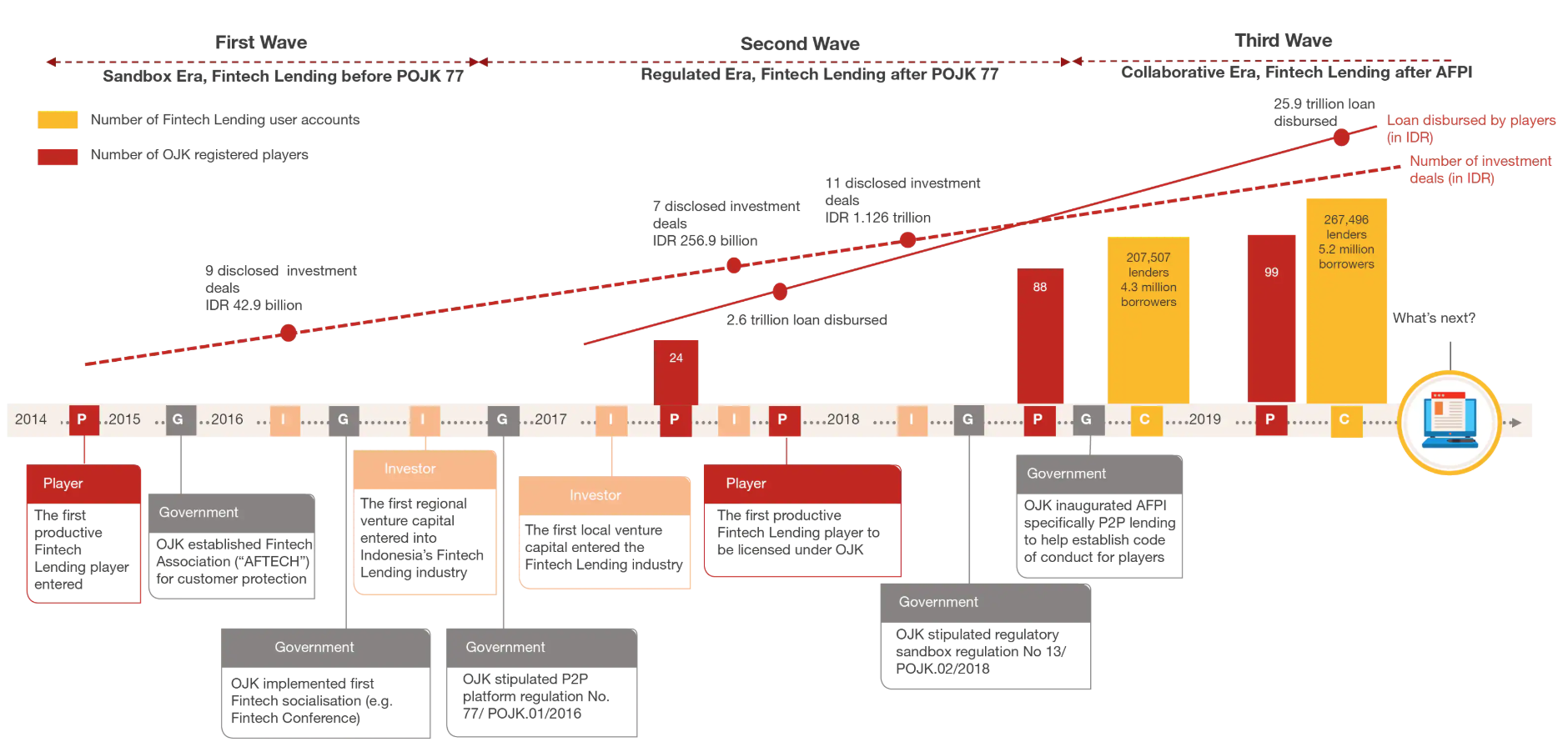
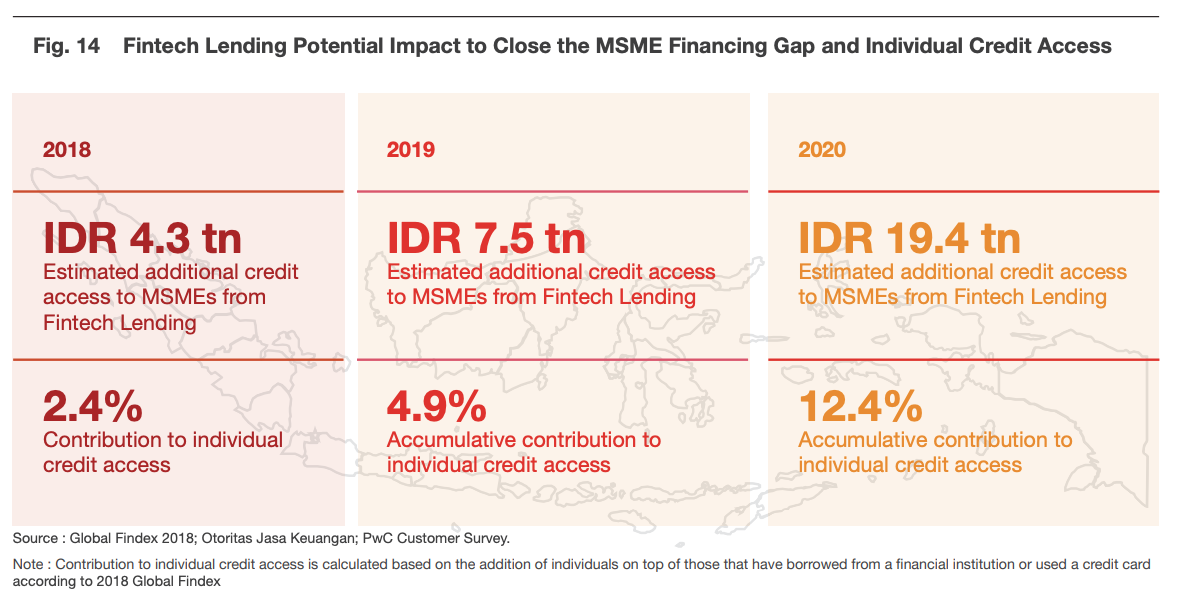

 Commenting on the round, Kay Mok Ku, Managing Partner of Gobi, said,
Commenting on the round, Kay Mok Ku, Managing Partner of Gobi, said, “Our mission is to provide hardworking people in this region with easy access to credit via a convenient platform. A market’s credit system reaches an inflection point once the GDP per capita reaches US$4,000. Southeast Asia is now fast approaching that turning point, where Fintech will start to take off. Countries like Indonesia will see GDP per capita grow from US$3,800 to US$7,000 in the next ten years, so the market potential is enormous. Beyond Indonesia, Philippines is also a very attractive market as it has a population of 100 million, and their GDP is growing at 6.2%. We are getting ready to enter this exciting market as we have just been awarded the financial license by the Philippines Securities and Exchange Commission.”
“Our mission is to provide hardworking people in this region with easy access to credit via a convenient platform. A market’s credit system reaches an inflection point once the GDP per capita reaches US$4,000. Southeast Asia is now fast approaching that turning point, where Fintech will start to take off. Countries like Indonesia will see GDP per capita grow from US$3,800 to US$7,000 in the next ten years, so the market potential is enormous. Beyond Indonesia, Philippines is also a very attractive market as it has a population of 100 million, and their GDP is growing at 6.2%. We are getting ready to enter this exciting market as we have just been awarded the financial license by the Philippines Securities and Exchange Commission.”
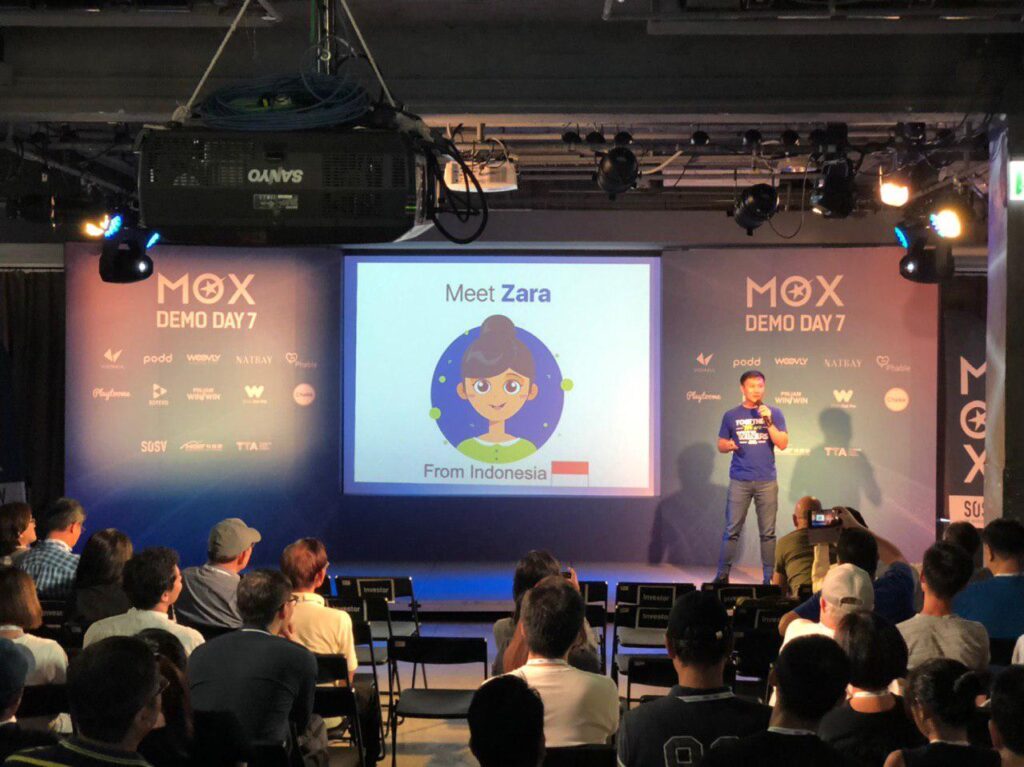




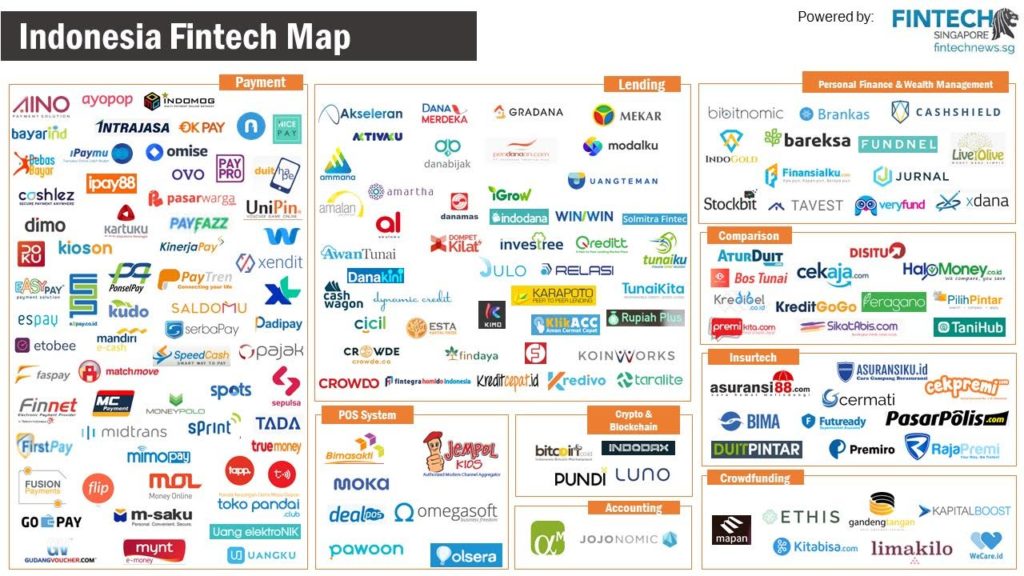


 Jason Thompson, OVO CEO stated,
Jason Thompson, OVO CEO stated,







